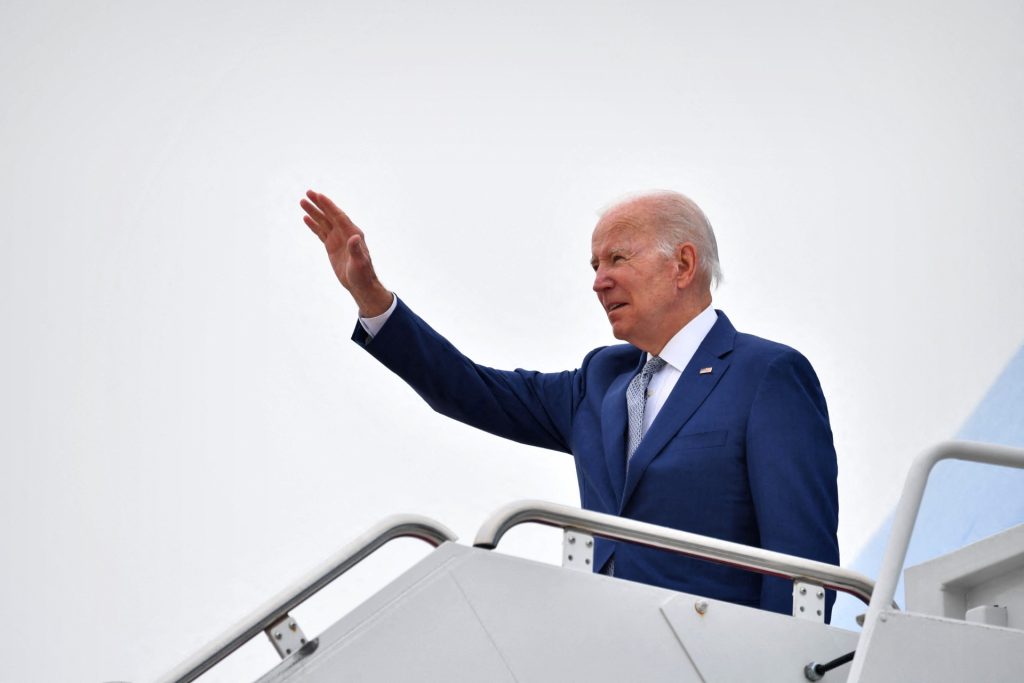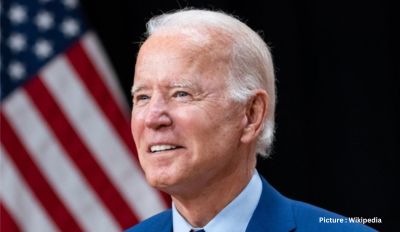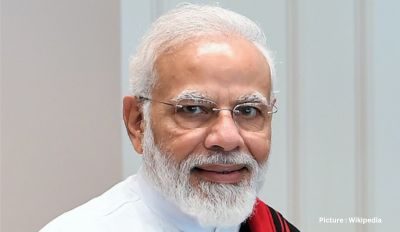President Joe Biden prepares to travel to the Middle East, his administration faces several challenges in its relations with Israel, Saudi Arabia, and other regional (non-treaty) allies. At the most basic level, the United States and these allies do not share the same priorities. Part of why Biden is traveling to Saudi Arabia is to convince the country’s leaders to pump more oil as global prices soar. In addition, the United States seeks to maintain pressure on the Islamic State group (IS) to prevent the terror organization from rebuilding. Yet both the Russia-Ukraine war and the struggle against the remnants of IS are ancillary concerns for regional states, and they are concerned that the U.S. focus on Asia and Europe will make the United States a less useful security partner.

Iran, the foreign policy priority for Israel, Saudi Arabia, and many other regional states, is a major sticking point. Indeed, most regional allies oppose the Biden administration’s efforts to restore the Iran nuclear deal, seeing it as making too many concessions to Tehran and fearing that the United States in general will not stand up to Iranian aggression and subversion. With regular Iranian missile strikes on Iraq and missile strikes from Iran’s Houthi allies in Yemen on Saudi Arabia and the United Arab Emirates, this fear is quite strong. Nuclear talks appear to be floundering, and the Biden administration will need to decide whether to try to revive them at the risk of further alienating regional states or abandon them only to work on the next challenge — how to create other diplomatic — and military — options that will stop the Iranian bomb and ensure regional security. Iran, for its part, will interpret the Biden visit as the United States further siding with its regional enemies.
Russia is another sticking point. The United States is trying to create a global coalition to oppose Russian aggression in Ukraine. Middle Eastern states, however, see Russia as a source of wheat, while their populations question why Ukraine should be the subject of global solidarity while Syria was not. Many are more anti-American than pro-Ukraine. Regardless of regime views on Ukraine, Russia is also a military player in Syria, and Israel works with Moscow to ensure that Israel can strike Iranian assets in Syria without interference from Russian forces.
In order to win over regional leaders, Biden will also need to curtail some of his critical rhetoric. This is especially true with his condemnation of the Saudi murder of journalist Jamal Khashoggi and the brutal Saudi and UAE war in Yemen. These are the right stances from a human rights perspective, but Riyadh and its allies will not be accommodating in other areas if they are the subject of regular, public criticism.
Actually walking back his comments on these grave human rights issues would be politically difficult even if Biden were inclined to openly abandon the moral high ground. In practice, refraining from future criticism, the legitimacy bestowed by the trip itself, and other steps that make it clear that Riyadh is being embraced, not shunned. As in the past, the United States is again emphasizing that pragmatic concerns like oil prices and Iran, not human rights, will drive U.S. policy toward the kingdom.
Making these problems more difficult, the Biden administration inherited a weak hand from its predecessors. U.S. engagement with the Middle East has declined dramatically since the George W. Bush administration, when 9/11 and the Iraq War put the region at the center of U.S. foreign policy. President Barack Obama tried to reduce U.S. involvement in the Middle East, and President Donald Trump, while more sympathetic to autocratic Arab allies, also favored limited U.S. involvement in the region. The Biden administration has emphasized great power competition, with the war in Ukraine and the rivalry with China dominating strategic thinking. Biden’s trip is thus occurring with a regional perception that the United States is focused on other parts of the world and at home, with little appetite for resolving regional disputes and leading regional allies as it sought to in the past. Indeed, Biden’s understandable focus on energy and Russia will reinforce this, making it clear that it is non-regional concerns that are driving his visit rather than shared interests. The Biden administration also claims the trip is to encourage Saudi Arabia to formally make peace with Israel, though U.S. officials almost certainly recognize a formal peace is highly unlikely even though Riyadh and Israel have stepped up their security partnership.
Making the job even harder, Middle Eastern allies have preferred Republican presidents. Gulf state rulers believe Republican leaders are more anti-Iran and less concerned about human rights. Israeli leaders too believe Republicans are more pro-Israel and more likely to stand up to Tehran. In addition, regional allies rightly recognize that Trump or another disruptive leader may again assume the U.S. presidency. The United States, in other words, will be considered an erratic ally, with policies and interest in the Middle East varying wildly by administration.
One goal that may have more success is encouraging U.S. allies to work together. The United States historically has preferred bilateral cooperation, with countries working with Washington more than with one another. As the U.S. limits its involvement, however, it will want regional states to step up and combine their efforts, whether this is to counter Iran or to resolve regional wars like those in Yemen and Libya. Israel, with its formidable military and intelligence services, can play an important role here, offering high-end capabilities, such as providing radar systems to Bahrain and the UAE, when the United States is reluctant to do so for political reasons.
The United States is also likely to have help from partners in sustaining the fighting against IS and other dangerous jihadi groups. Although this struggle is less of a priority for allies, they too worry about violent jihadism and will continue longstanding intelligence and military cooperation. Jihadi groups also remain weak compared with their past selves, limiting the effort required.
Regional partners will be aware of U.S. pivoting to focus on Asia and Europe, and Biden’s visit will not change this perception. The best the administration can hope for is to make clear, both in private and in public, that the United States will remain diplomatically and militarily involved in the Middle East, whether it be to counter IS or deter Iran. The president’s visit is thus a useful signal, even if regional states will remain unsatisfied.
Perhaps the best that can be hoped from this trip is simply to restart the U.S. engagement with its allies in the region. Such a goal doesn’t promise big wins — there may at best be modest concessions like a Saudi announcement it will pump a small amount of additional oil — but it offers the hope of future improvements. For now, the U.S. relationship with regional allies is transactional, with little trust or respect on either side. Repeated visits by high-level officials will make them more likely to listen to Washington and consider U.S. interests rather than see U.S. concerns as irrelevant, or even opposed, to their day-to-day problems.









